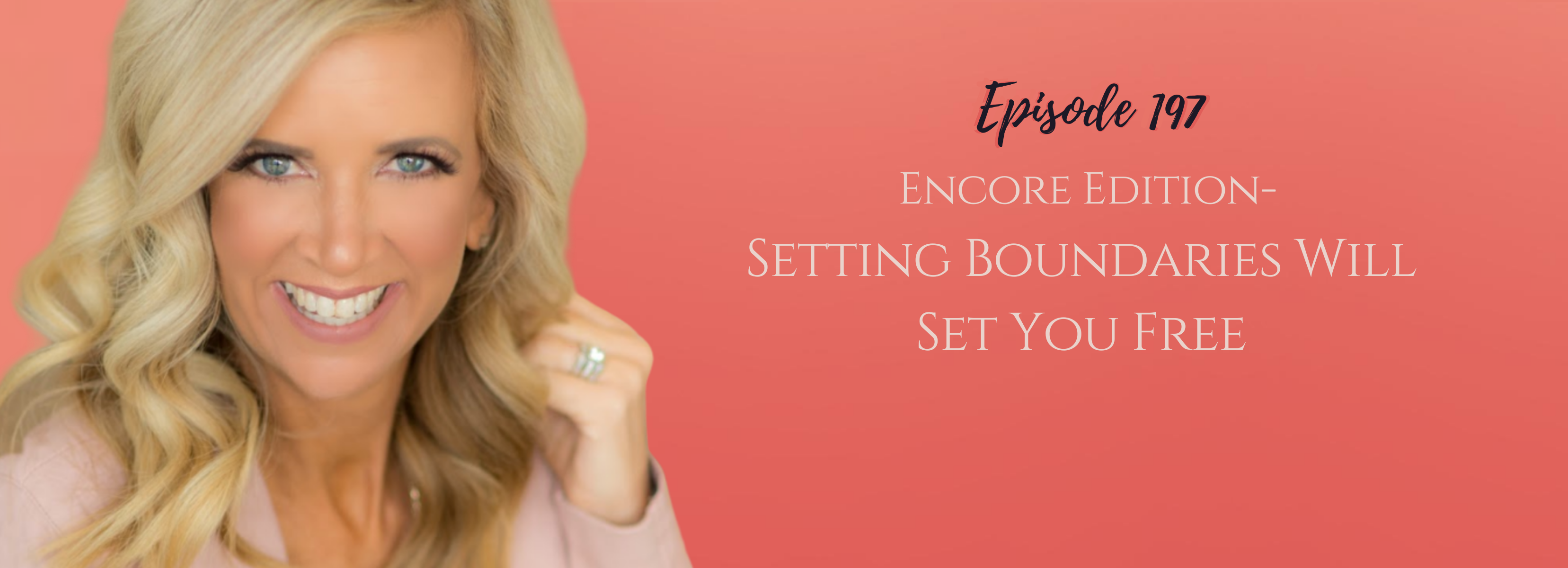
Encore Edition-Setting Boundaries Will Set You Free with Nancy Levin|1.25.2023
In this encore episode, Kristen interviews Nancy Levin, author of “Setting Boundaries Will Set You Free,”‘about her healing journey from childhood wounds and divorce, how to set healthy boundaries and speak your truth.
You'll Learn
- How do fears prevent us from setting healthy boundaries
- Myths about setting a boundary
- Signs it's time to set some boundaries
- How to start speaking your truth
Resources
For counseling services near Indianapolis, IN, visit www.pathwaystohealingcounseling.com.
Subscribe and Get a free 5-day journal at www.kristendboice.com/freeresources to begin closing the chapter on what doesn’t serve you and open the door to the real you.
This information is being provided to you for educational and informational purposes only. It is being provided to you to educate you about ideas on stress management and as a self-help tool for your own use. It is not psychotherapy/counseling in any form.
[fusebox_transcript]